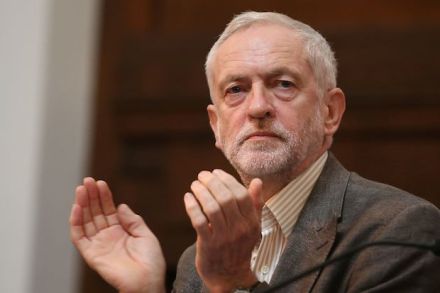Why do voters find it hard to trust politicians? Because of all the broken promises
‘But you promised!’ Anyone who spends much time with children (whether in an Andrea Leadsom-esque capacity as a mother or otherwise) will recognise that phrase. They’re the words of someone disappointed that the grown ups, who are supposed to be sensible, haven’t followed through. Today Theresa May broke her own promise about there being no early general election. Will helpfully reminds you of five of those promises, repeated by both the Prime Minister and her henchmen, in this post. She had been so adamant that even those who thought they knew her best after years of working together in Opposition and government had taken her at her word and were




















